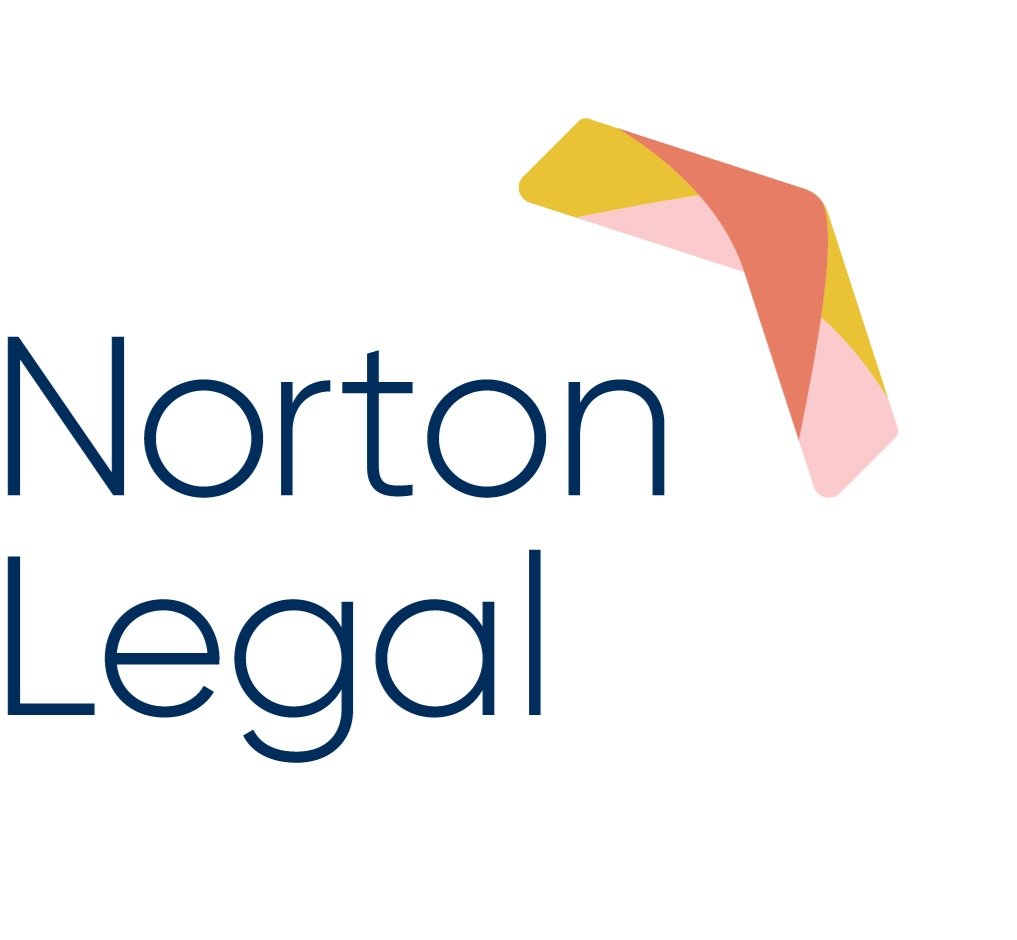Guide to the Administration of a Deceased Estate: Step-by-Step Instructions
The loss of a loved one is a challenging time for most people. Taking on the role of executor adds an extra layer of difficulty that you may find overwhelming during this time. Below we set out the steps involved in acting as executor. Our compassionate lawyers are also here to help at any time.
Step 1: Check whether the deceased left a Will
Your initial task is to establish whether the deceased left a Will. The Will might be found in various locations, such as among the deceased's personal documents, with their solicitor, bank, or even their building society.
In cases where a Will exists, it typically designates one or more individuals as the Executor(s). The Executor's role is to oversee the administration of the deceased's estate. If you are not the designated Executor, inform the appointed Executor of their role as soon as you possibly can.
If you cannot locate a Will, it is crucial to seek legal guidance to determine the most suitable person(s) to manage the deceased's estate.
Step 2: Funeral arrangement
The initial step in estate administration is organising the funeral. If a Will exists, it may contain the deceased's preferences regarding funeral arrangements. Additionally, inspect the deceased's personal documents, as they may have prearranged a funeral plan.
In the absence of a prepaid funeral plan or if it does not cover the full cost, you can present the funeral home invoice to the deceased's bank and request payment from their bank account.
Step 3: Obtain the Death Certificate
Securing the deceased's death certificate is vital for estate administration. The funeral director typically assists in submitting the necessary forms to obtain this certificate. The process may take anywhere from 2 to 6 weeks for the certificate to be issued.
Step 4: Identify Assets and Liabilities
The next step involves identifying the deceased's assets and liabilities. Thoroughly review the deceased's personal documents to gather information about their assets, which may include real estate, bank accounts, shares, superannuation, and life insurance policies. Be sure to check for any outstanding debts owed by the deceased.
Step 5: Apply for Probate (if Required)
Depending on the deceased's assets, you may need to apply to the Supreme Court for a Grant of Probate to administer the estate. Probate confirms the Executor's appointment and validates the deceased's Will as the most recent one. In cases where there is no Will or specific circumstances, you may need to apply for Letters of Administration instead.
Typically, if all the deceased's assets were jointly owned with another person (often their spouse), Probate may not be required. However, if the deceased owned real estate or assets in their name above a certain value, Probate will be necessary.
Ideally, submit the application for Probate or Letters of Administration to the Supreme Court within 6 months of the date of death. Any delay beyond this period will require an explanation to the court.
Step 7: Collect the Deceased's Assets
Once you have obtained the Grant of Probate or Letters of Administration, the next step is to gather all the deceased's assets. Depending on the assets involved, this may include closing bank accounts, claiming death benefits from superannuation policies, collecting proceeds from life insurance policies, selling or transferring real estate to beneficiaries, and handling shares.
Step 8: Settle Debts and Tax Obligations
After gathering the assets, ensure that any outstanding debts of the deceased are settled. Additionally, address the deceased's lifetime tax affairs, including submitting any pending tax returns and paying any outstanding income tax owed to the Australian Taxation Office. Depending on the estate's assets, the estate itself may also be liable for taxes, necessitating the filing of an estate tax return and payment of any owed taxes.
Step 9: Distribute the Estate to Beneficiaries
Once all debts and taxes have been cleared, you can distribute the deceased's assets to the beneficiaries as specified in the Will.
For specialised assistance concerning Wills and Estate Administration, or if you have questions regarding any aspect of this guide, please don't hesitate to contact our friendly team today: 9314 7320.
